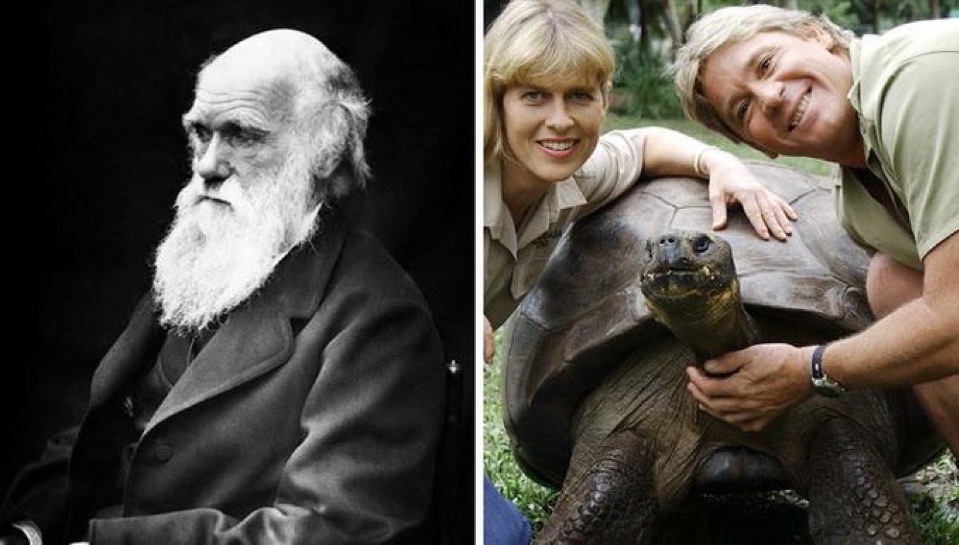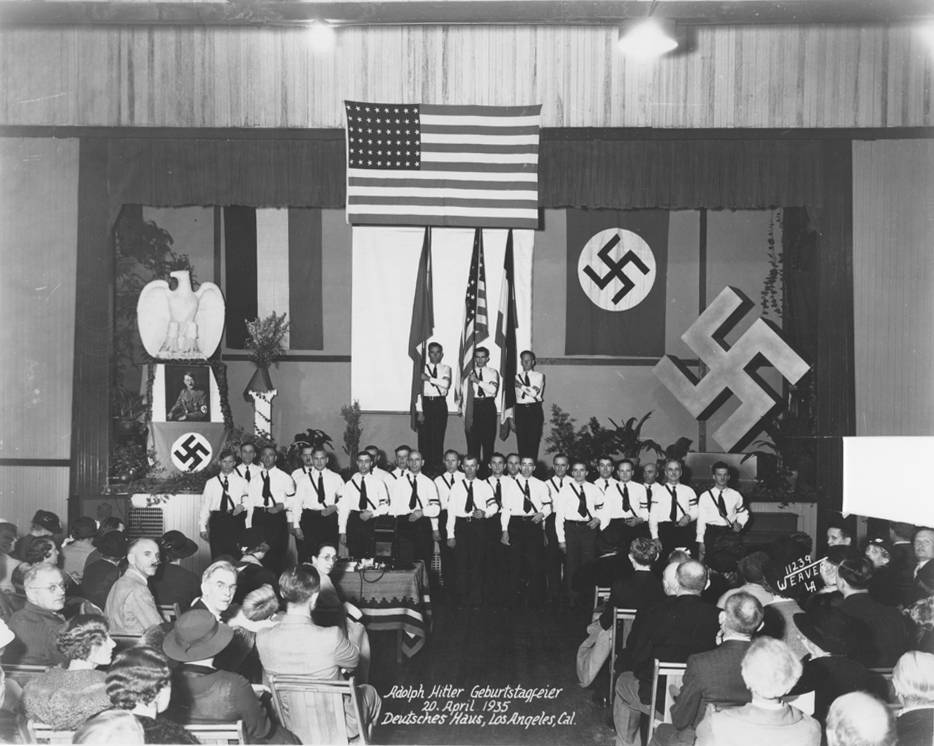Dawn Brancheau was living her dream
As one of SeaWorld’s top trainers, she had a rare bond with orcas, especially Tilikum
But in 2010, her tragic death during a live show shook the world & exposed the darker side of marine mammal captivity
Here’s her story… (thread🧵)
As one of SeaWorld’s top trainers, she had a rare bond with orcas, especially Tilikum
But in 2010, her tragic death during a live show shook the world & exposed the darker side of marine mammal captivity
Here’s her story… (thread🧵)

1. Brancheau grew up in Indiana & fell in love with SeaWorld after visiting the park as a child.
Her dream was to work with orcas.
After earning a psychology degree and training as a zookeeper, she joined SeaWorld in 1994 and quickly became one of their top trainers.
Her dream was to work with orcas.
After earning a psychology degree and training as a zookeeper, she joined SeaWorld in 1994 and quickly became one of their top trainers.

2. By 2010, Brancheau was an experienced trainer, known for her bond with Tilikum, a 12,000-pound male orca.
Tilikum had a controversial past: in 1991, he was involved in the death of a trainer at a marine park in Canada.
Despite this, he was a key part of SeaWorld’s shows.
Tilikum had a controversial past: in 1991, he was involved in the death of a trainer at a marine park in Canada.
Despite this, he was a key part of SeaWorld’s shows.

3. On February 24, 2010, Brancheau was performing with Tilikum during the park’s 'Dine with Shamu' show.
After the performance, while interacting with him poolside, Tilikum suddenly grabbed her by her ponytail & pulled her into the water.
What followed was a horrifying scene.
Tilikum thrashed Brancheau in the water, fatally injuring her in front of park guests and staff. It was one of the most shocking incidents in SeaWorld’s history.
After the performance, while interacting with him poolside, Tilikum suddenly grabbed her by her ponytail & pulled her into the water.
What followed was a horrifying scene.
Tilikum thrashed Brancheau in the water, fatally injuring her in front of park guests and staff. It was one of the most shocking incidents in SeaWorld’s history.
4. The incident sparked an international outcry.
Critics argued that keeping orcas in captivity was inhumane & dangerous for both the animals and trainers.
SeaWorld faced intense scrutiny over its practices and history of similar incidents.
Why was Tilikum, with his history of aggression, still performing? What role did captivity play in his behavior?
Experts argued that the stress of confinement could trigger dangerous actions in orcas.
Critics argued that keeping orcas in captivity was inhumane & dangerous for both the animals and trainers.
SeaWorld faced intense scrutiny over its practices and history of similar incidents.
Why was Tilikum, with his history of aggression, still performing? What role did captivity play in his behavior?
Experts argued that the stress of confinement could trigger dangerous actions in orcas.

5. Orcas in the wild swim up to 100 miles a day, live in tight-knit pods & display complex social behaviors.
In captivity, they’re confined to small tanks, often isolated from others, and subjected to stressful environments.
In captivity, they’re confined to small tanks, often isolated from others, and subjected to stressful environments.

6. Research shows that captive orcas live shorter lives and exhibit higher levels of aggression.
Tilikum, in particular, spent much of his time in isolation due to safety concerns, which only exacerbated his stress.
Tilikum, in particular, spent much of his time in isolation due to safety concerns, which only exacerbated his stress.

7. rancheau’s death shocked the world and inspired the 2013 documentary Blackfish.
The film exposed the darker side of marine parks, focusing on Tilikum’s life & the impact of captivity on orcas.
The film exposed the darker side of marine parks, focusing on Tilikum’s life & the impact of captivity on orcas.

8. The public backlash was enormous.
SeaWorld faced protests, lawsuits, and declining attendance.
By 2016, they announced the end of their orca breeding program and phased out theatrical orca shows.
Brancheau’s legacy is complicated.
She loved her work and the animals she cared for, but her tragic death became a symbol of the ethical dilemmas surrounding marine mammal captivity.
SeaWorld faced protests, lawsuits, and declining attendance.
By 2016, they announced the end of their orca breeding program and phased out theatrical orca shows.
Brancheau’s legacy is complicated.
She loved her work and the animals she cared for, but her tragic death became a symbol of the ethical dilemmas surrounding marine mammal captivity.

9. How Much Seaworld Cares About their captive Orcas (Blue) vs. How Much They Care About Parking (Yellow) 

• • •
Missing some Tweet in this thread? You can try to
force a refresh






















